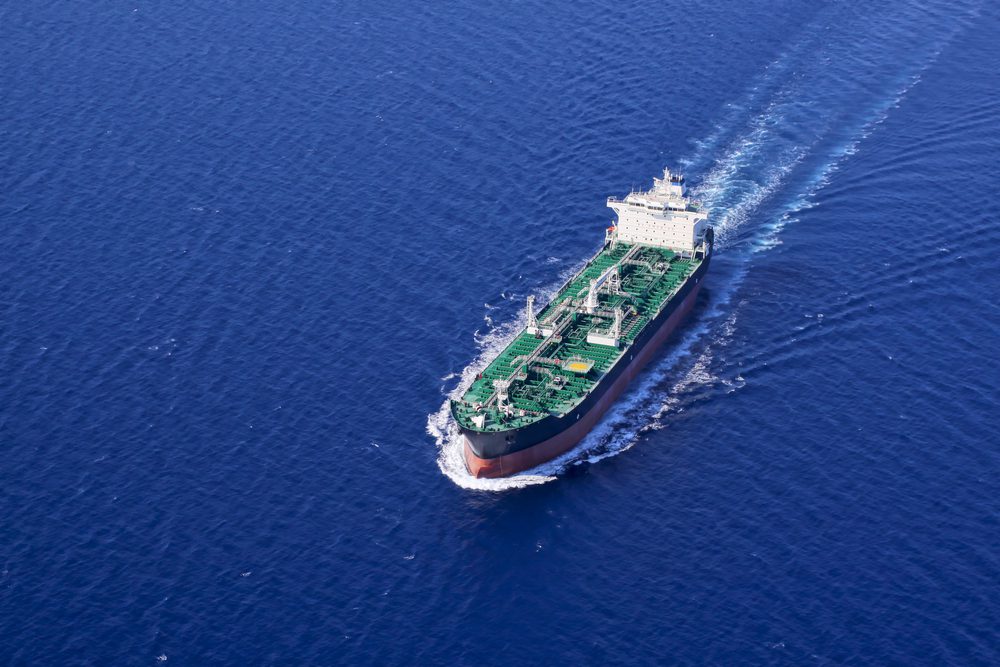Panama Canal Posts $5.7 bn in FY2025 Revenue, Transits Jump 19%
The Panama Canal said revenues rose around 14.4% in its fiscal year 2025 to $5.7 billion, based on preliminary and unaudited figures, authorities said in a statement on Wednesday.

The American Maritime Parntership is responding to increased calls for Jones Act waivers as gasoline prices continue to set new record highs, saying waivers aren’t neccessary and won’t help lower prices at the pump by any significant amount.
The Jones Act requires that merchandise transported by water between two points in the United States is carried on ships that are U.S. built, crewed, owned, and registered. Limited waivers of Jones Act requirements are sometimes issued by the Department of Homeland Security in times of crisis—like after major hurricanes or during the Colonial Pipeline cyberattack and shutdown in 2021—usually when there is no Jones Act fleet capacity available. Waivers allow typically less costly foreign ships to transport energy products between two points in the United States, but the standard for obtaining them is high and typically reserved for national security purposes—not cost savings.
On Thursday, President Biden issued a letter to oil refiners urging them to ramp up production and blasting them over “historically high” profit margins when Americans are struggling at the pump.
Responding to the letter, ExxonMobil issued a statement highlighting its efforts to boost U.S. oil and gas supplies and refining capacity. The statement also a mentioned emergency “provisions” such as waivers of the Jones Act as one short term solution.
“In the short term, the U.S. government could enact measures often used in emergencies following hurricanes or other supply disruptions — such as waivers of Jones Act provisions and some fuel specifications to increase supplies,” ExxonMobil said.
But as it has done on several occassions in the past, the American Maritime Partnership (AMP), as a respresentative of the domestic maritime industry and obviously a strong proponent of Jones Act, said any calls for waivers are simply unjustified.
“The cost of gasoline is primarily driven by the price of crude oil and the processing of gas, which is spiking. The Jones Act is not a cost driver for increased gas prices, representing an average of less than one cent per gallon of the overall cost of gasoline. Of note, not a single Jones Act waiver has even been requested this calendar year,” said Ku’uhaku Park, President of the AMP.
Even if the idea of Jones Act waivers is on the table, it’s unclear if they could even help lower shipping costs even if waivers are available. Due to the supply shock from Russia’s war in Ukraine, global demand for U.S. gasoline and diesel has surged leaving internationaly trading tankers in short supply, driving shipping rates to near or even higher than those charged for Jones Act voyages.

Sign up for gCaptain’s newsletter and never miss an update

Subscribe to gCaptain Daily and stay informed with the latest global maritime and offshore news
Essential news coupled with the finest maritime content sourced from across the globe.
Sign Up